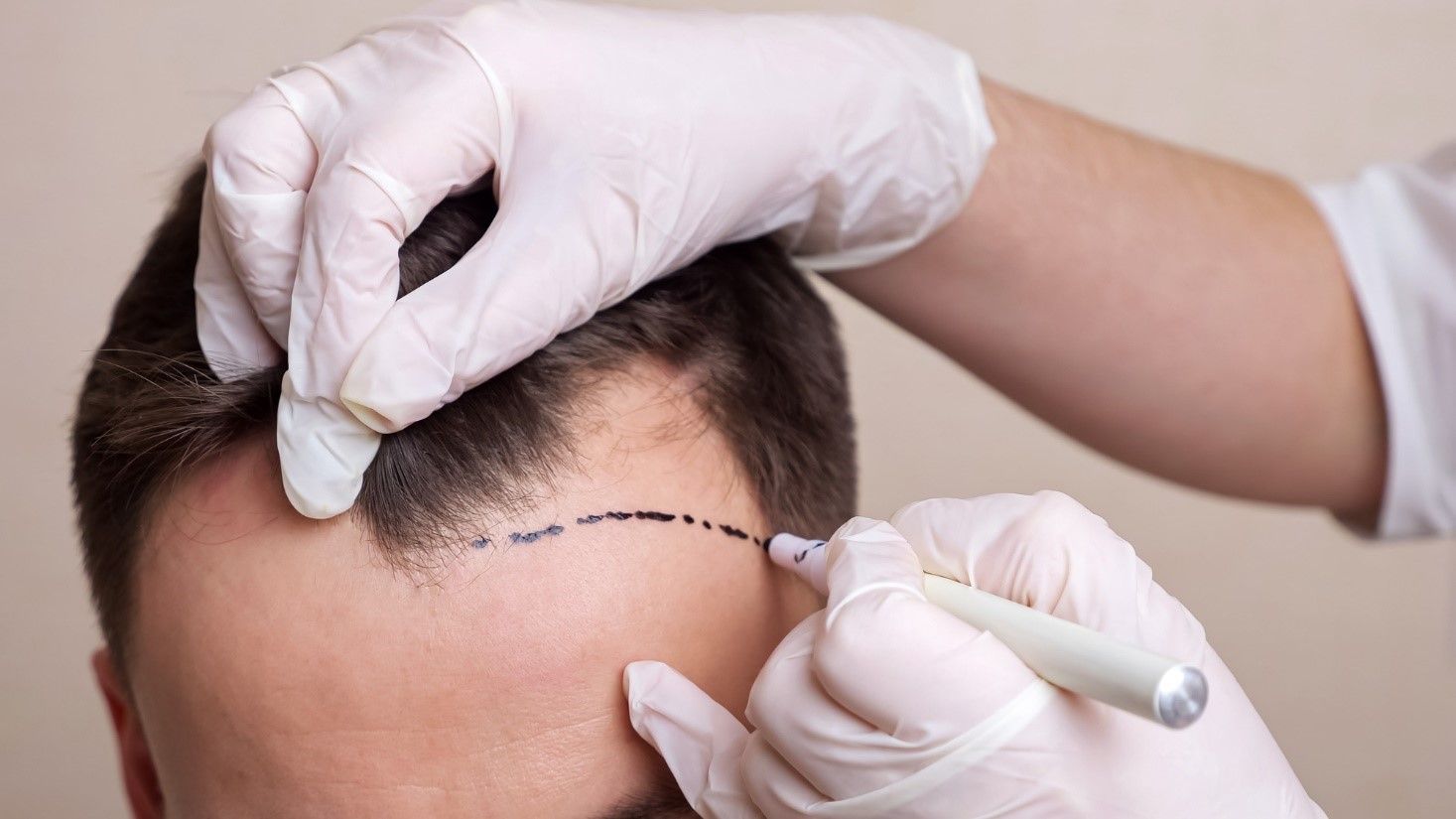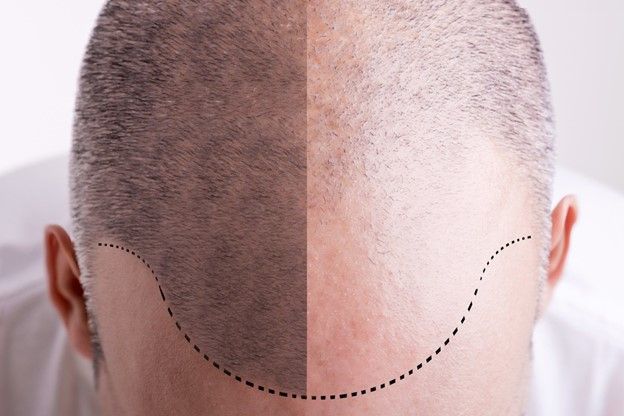Top Six Questions You Should Ask Your Hair Transplant Surgeon

April 30, 2020
There are a lot of factors involved in deciding when to go in for a hair transplant surgery. The expensive and sensitive nature of it compels you to be thorough in your understanding of what it. Dr. Cotterill has been specializing in hair transplant surgery in Toronto for over 30 years. In his practice over the years, he has gathered the most useful questions a patient can ask to have a good understanding of the practices and consequences of hair transplant surgery.
Have a Look at Some Questions You Can Ask Your Hair Transplant Surgeon When You Step in for an Initial Consultation:
1. Is the procedure painful?
This is a very valid question because the general public is not very well informed about the nature of the procedures involved in hair transplant surgery. Patients are offered a tablet before the procedure for relaxation. A local anesthetic , like those used at a dentist office is then administered to ensure there is no discomfort during the procedure. Patients are awake but very relaxed during the procedures and are able to watch movies, have snacks, go to the washroom and stretch. Many patients are so comfortable they fall asleep for much of the procedure.
2. Why is it expensive?
Dr Cotterill performs one procedure at a time and does not delegate any of the surgical portion of the procedure. There are also 4 nurses and hair restoration technicians involved that ensure the efficiency of the procedure, the safety and comfort of the patient.
3. Is post-treatment medication necessary?
Depending on the severity of hair loss that has been addressed in the treatment, you might be advised to start using some hair loss medication. It is important to know that for the hair transplant to grow however, post transplant medications are not required. The transplanted hair will continue to grow successfully without any medications as long as the transplanted hair was taken from a permanent donor zone at the back of the scalp.
4. What are the options and what suits my condition?
Each individual’s hair loss issues are unique. That is why, before deciding between FUT (Follicular Unit Transplantation) and FUE (Follicular Unit Extraction) procedures, an individual assessment is necessary. Both FUE and FUT yield a scar in the donor zone from where the hair was taken. Dr Cotterill will give you an extensive account of the advantages and disadvantages of both the procedures and be able to advise you on which would suit you best.
5. What can you expect?
There are a lot of factors to consider while predicting the outcome of a transplant procedure. Dr Cotterill performs all consultation himself and does not employ a non-medical consultant. It is important that the patient should speak directly to the doctor that is to perform the surgery. Go through our “before and after” hair transplant pictures to get a general idea of what you can expect as well as to have a thorough discussion on all hair transplant options.
6. What are the alternatives?
Hair transplants are not for everyone. The patient may have too large of a balding area to be treated, the patient may be too early in their thinning process, or may have unrealistic expectations. There are many reasons for scalp hair loss, some of which are not appropriate for hair transplants. The patient may simply not want surgery and is seeking other non-surgical alternatives.
Find out what alternatives exist and which among them will be suitable for your specific requirements should you choose not to go in for a transplant.











